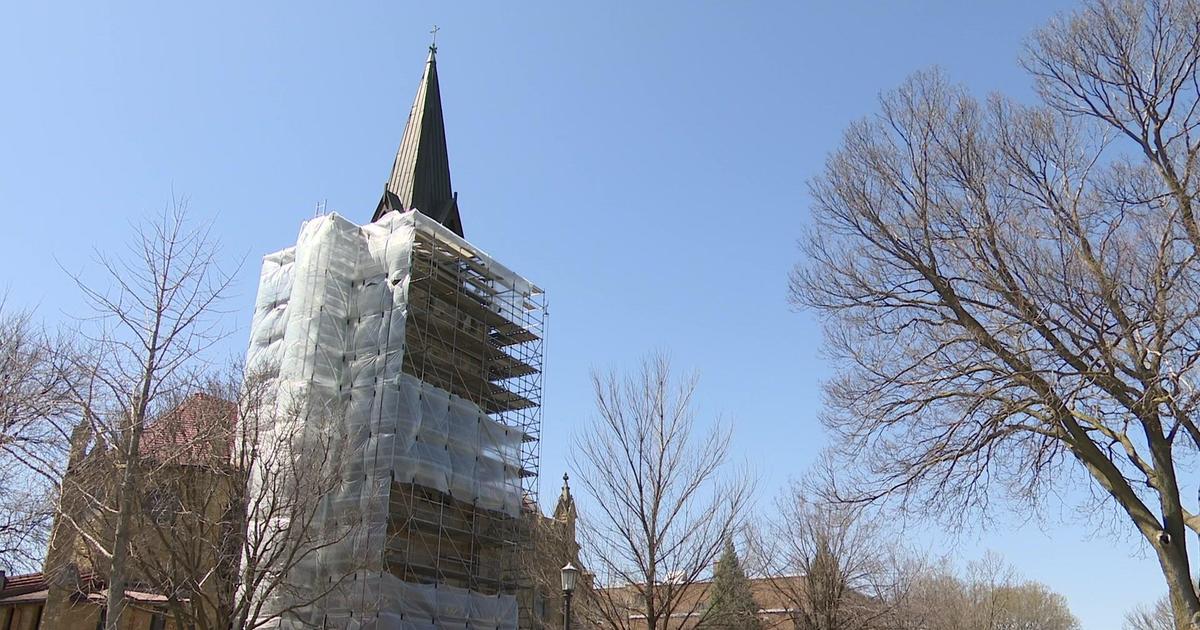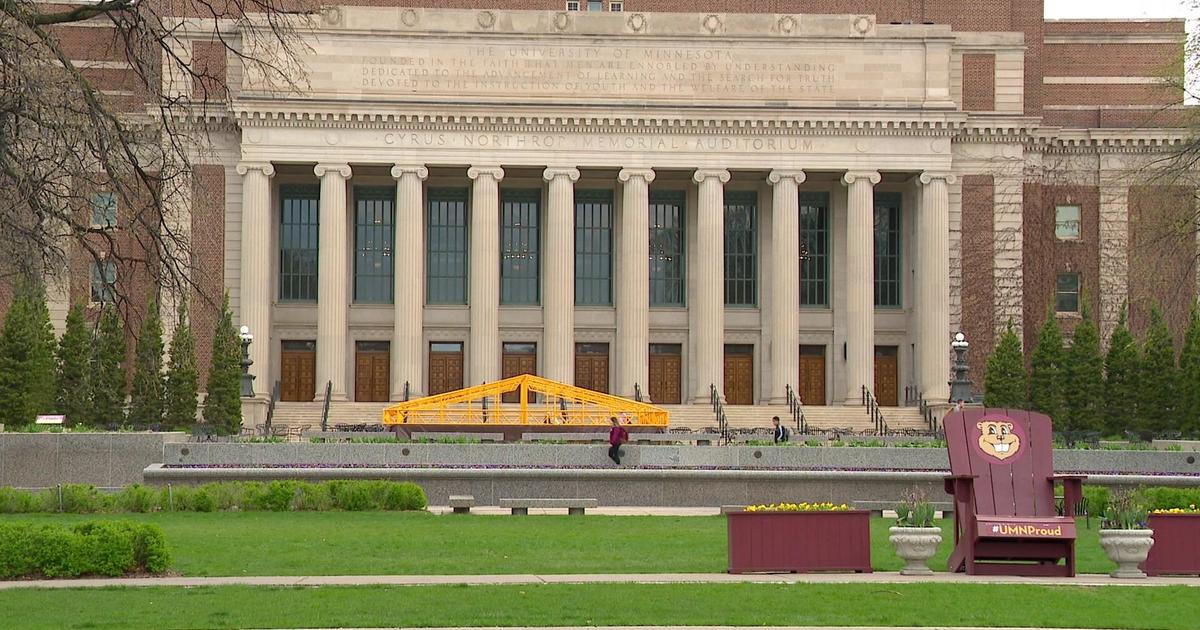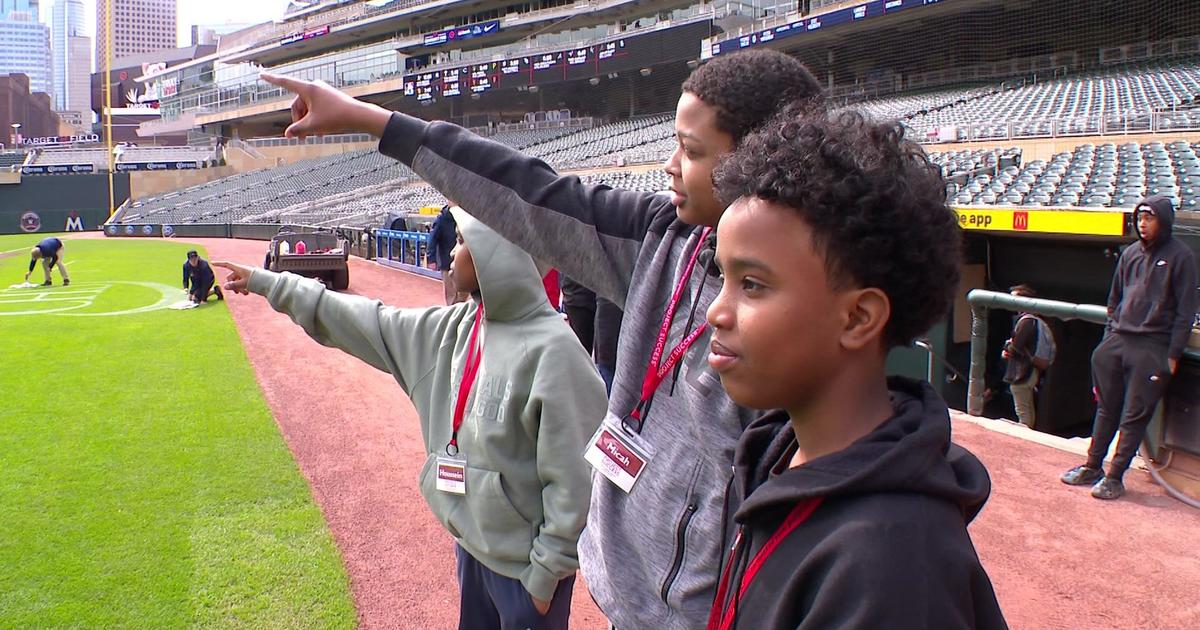DeRusha Eats: Mississippi Mushrooms
MINNEAPOLIS (WCCO) -- Along the Mississippi River, in industrial north Minneapolis, there's a warehouse that sure doesn't feel like you're entering a farm.
"When you get here, you're like: 'I don't think I'm supposed to come here,'" said Ian Silver-Ramp, the president of Mississippi Mushrooms.
"There's really exciting things you can do with fungus," he said.
As an agriculture student at the University of Minnesota, Silver-Ramp dreamed of starting a facility like Mississippi Mushrooms -- local, high-tech, eco-friendly. He had no idea it would become such a favorite of Twin Cities chefs.
"It's really exciting for chefs to be able to call and get a delivery four hours later," he said.
Silver-Ramp grows four varieties of mushrooms: Grey Oyster, King Oyster, Nameko, and Pink Oyster. You'll find them at restaurants like St. Genevieve, Corner Table, Young Joni, Smack Shack and Travail.
"Grey oyster is our most popular product," Silver-Ramp said.
He precisely regulates the humidity, carbon dioxide, and air flow in four different growing houses. A friend coded the control system so Silver-Ramp can manage it from his phone.
"If you're at 93 percent instead of 95, the mushrooms grow the wrong way, or they don't grow at all," he explained.
The road to mushrooms starts with other local companies' garbage. Spent grain comes from Dangerous Man Brewing, sawdust comes from Wood from the Hood, mushroom chaff (the shell around a mushroom seed) comes from another Minneapolis company. Silver-Ramp is basically engineering a better version of a forest.
"Each fungus likes a different type of wood," he said. So, each bag is engineered with a single source: ash or oak, for example.
The mix goes into bags. Silver-Ramp suits up in a hazmat suit, in a clean room, to inoculate the bags with mushroom spores. Then the bags take a 3 to 8-week trip through different conditions in the four different growing houses.
"We start going into primordia formation, then transfer into fruit body development," he said.
The mushrooms are plucked directly off the bags, harvested and ready to be delivered. Besides the delicious mushrooms, the process creates a different useful byproduct.
"The fungus is going to take waste materials, dead matter, and turn it into usable material," he said.
All that trash, sawdust and spent grain is now revitalized and alive. Mississippi Mushrooms uses it to make nutrient-rich Compost.
"Mushrooms are fascinating," he said.
Silver-Ramp sells occasionally at farmers markets and at local co-ops. It's a growing and legitimate business.
Sometimes, however, Silver-Ramp is asked about different mushrooms.
"Everybody asks us for shady mushrooms," he said. 'We don't grow them. We'd have a lot more money if we did."



